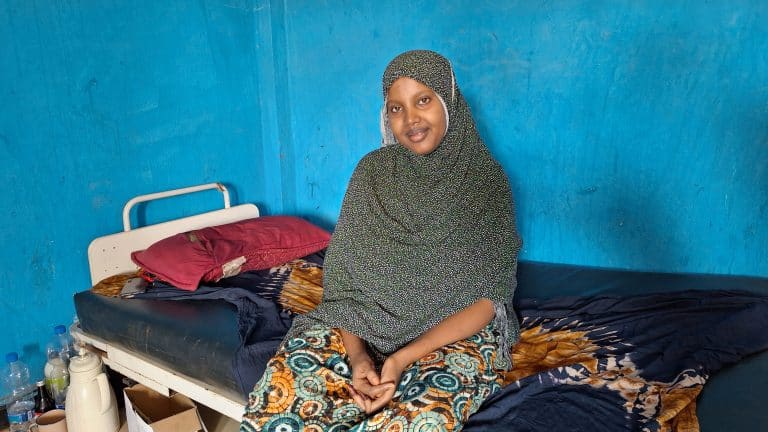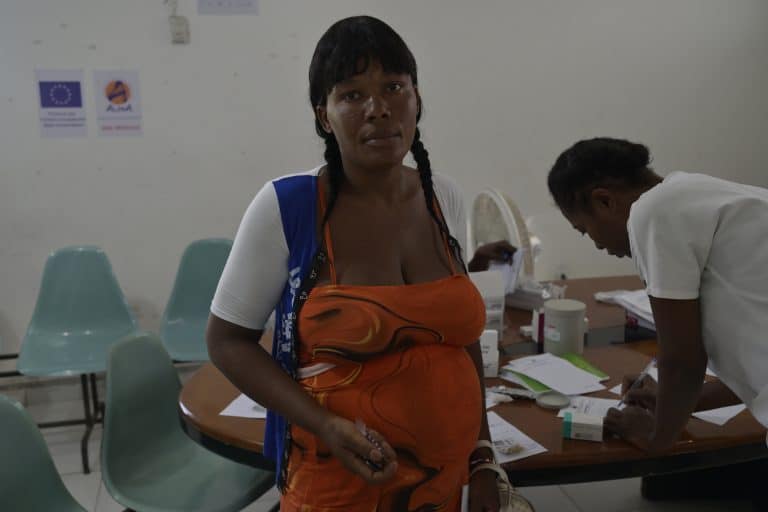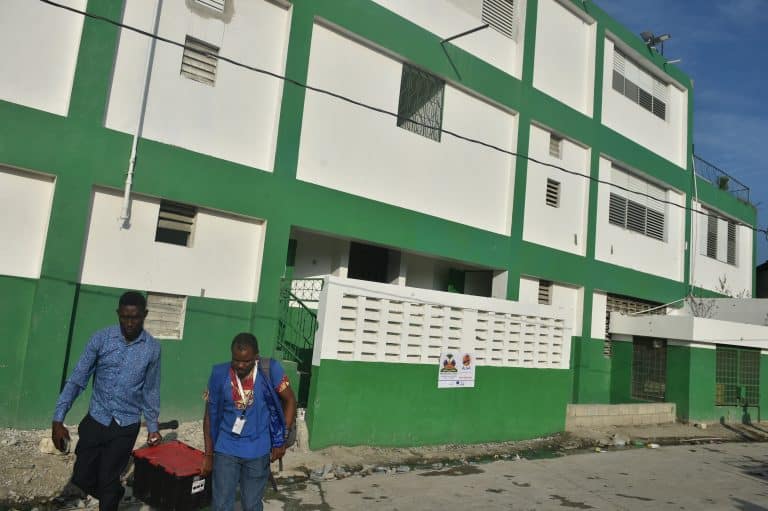“Many survivors still have many health problems, and they don’t have the means to be treated,” said Doctor Ivonne Loua, who runs ALIMA’s survivor care program in Guinea. “It is important that survivors and their families have access to quality health care, because many survivors are unable to work and cannot afford to pay their own health care.”
In Guinea, there are more than 1,110 people who survived the Ebola virus. Based on interviews with 114 survivors in N’Zérékoré in February 2017, ALIMA estimates that around 35 percent still suffer from depression and 41 percent from post-traumatic stress disorder (PTSD). Many survivors continue to experience flashbacks and have nightmares. Nearly all suffer from various physical health problems, including joint pain, headaches and chronic fatigue.
“My feet don’t work well anymore,” said 41-year-old Amadou who was cured of Ebola in December 2014. “I have headaches all the time. I have terrible nightmares and I have to take medications to sleep.”
In Guinea’s southeastern forest region, where the first Ebola case occurred in December 2013, ALIMA currently provides free medical care and psycho-social support to 114 survivors living in N’Zérékoré city and the surrounding villages.
“They are traumatized by what they experienced and overcame,” said Doctor Davin Mpaka, a neuropsychiatrist who has been working with ALIMA in N’Zérékoré to diagnose psychological disorders among Ebola survivors and prescribe a course of treatment. “They witnessed so much death and so much loss. Many feel like they have nothing else to gain from life, but they have no one to talk to about it.”
Some of the physical problems, such as stomach aches and high blood pressure, could be the result of underlying psychological problems. In certain cases, stigmatization can also contribute to psychological problems.
Although significant efforts have been made by the Guinean authorities and other actors, at least 45 percent of survivors in the N’Zérékoré region say they still experience some form of stigma. This down from as much as 90 percent during the peak of the outbreak.
“We must continue to inform communities about Ebola to reduce stigmatization to zero,” Dr. Loua said. “At the same time, there is a need to provide long-term medical care, as well as mental health care and therapy, to survivors and their families.”
Click here to read more and see photos.
ALIMA (The Alliance for International Medical Action) is a medical humanitarian organization created in 2009. It aims to provide assistance to populations in emergency situations such as epidemics, conflicts or natural disasters.
To help support the government-led response efforts to the Ebola outbreak in Guinea, ALIMA began treating patients in October 2014 in N’Zérékoré and then managed a 40-bed Ebola Treatment Center (ETC). Teams also conducted community-level awareness-raising campaigns about Ebola, prevention measures and hygiene. More when than 160 patients were admitted to the ETC between December 2014 and March 2016. ALIMA discharged the last patients in April 2016. ALIMA, which is the only international medical organization currently working with Ebola survivors in N’Zérékoré, continues to provide free medical care and psycho-social support to 114 survivors.
Photo by: Ricci Shryock / ALIMA





